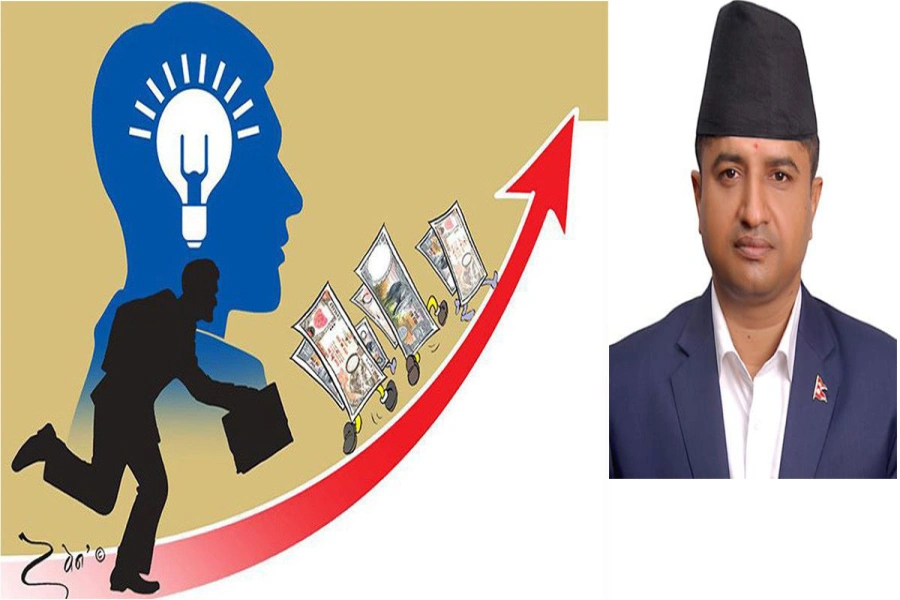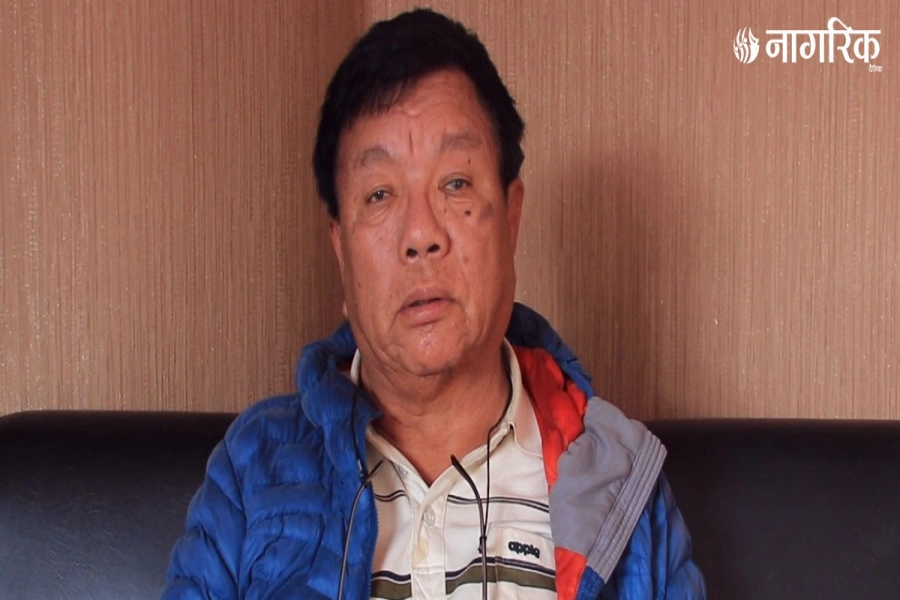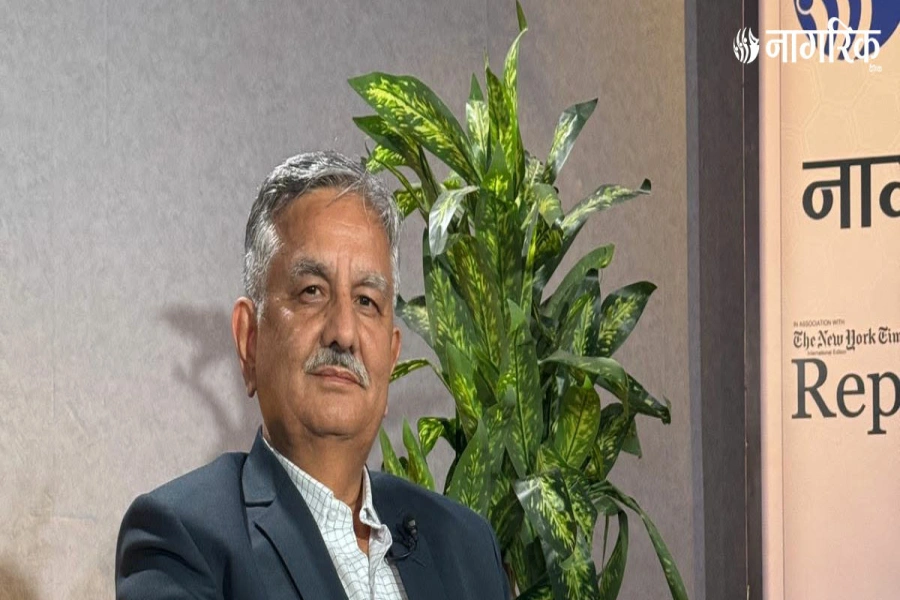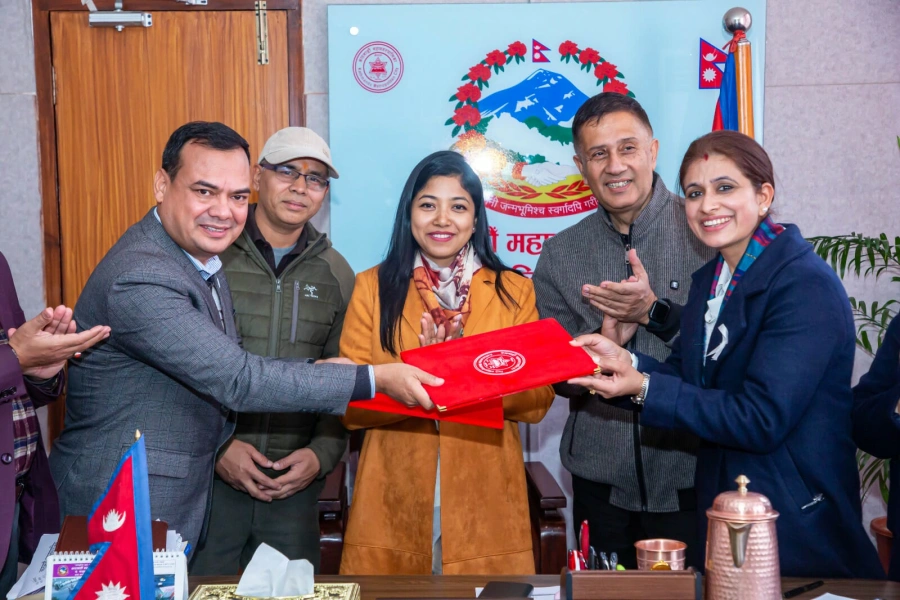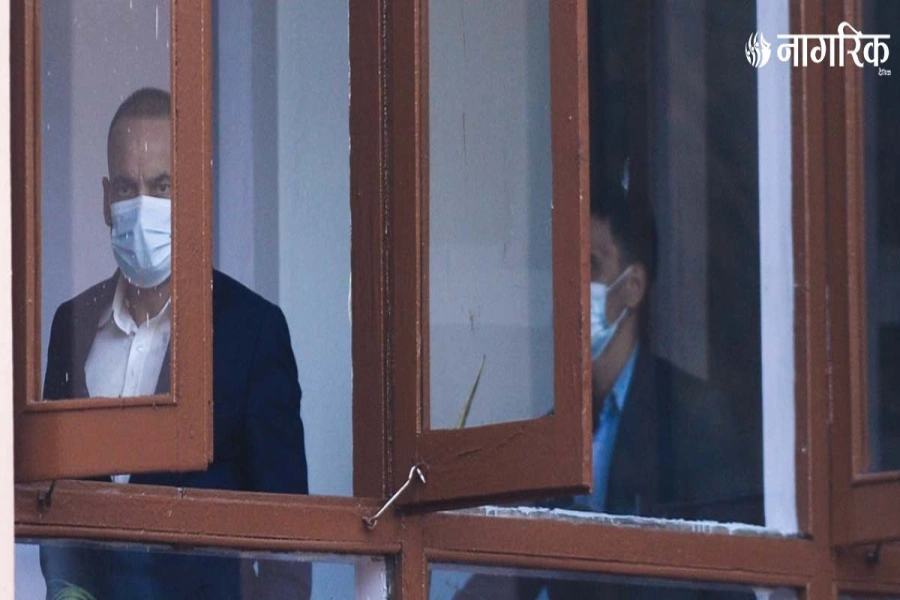First thing first
The right to health is one of the fundamental rights enshrined in the constitution. This needs to be interpreted as an inclusive right extending not only to timely and appropriate health care but also to the underlying determinants of health, such as access to medical care, safe and potable water and adequate sanitation, an adequate supply of safe food, nutrition and housing, healthy occupational and environmental conditions and access to health-related education and information. The ongoing pandemic is a reminder that the right to health is of supreme importance to all of us.
Nepal is a state party to a number of international treaties, and the International Convention of Economic Social and Cultural Rights is one among many. Article 12.1 of the ICESCR states that the parties recognize “the right of everyone to the highest attainable standard of physical and mental health”. Article 12.2 of the ICESCR enumerates, by way of illustration, a number of steps to be taken by the state parties to achieve the full realization of this right, including reducing infant mortality, providing for healthy development of children, improving “all aspects of environment and industrial hygiene, preventing, treating and controlling diseases, and creating conditions to assure medical services and attention”.
Nepal has demonstrated its international obligation and has incorporated some of the conventionally known economic social and cultural rights in the fundamental rights.
Nepal's context
Govt decides to celebrate Constitution Day for three days

The Article 47 of the constitution specifies that the state shall, as required, make legal provisions for implementation of rights within three years of the commencement of this constitution. Although five years have passed since the promulgation of the constitution, the Parliament hastily enacted 16 laws on fundamental rights. Nonetheless, people have not been able to avail most of those rights due to the absence of the relevant regulations, directives. Only two regulations relating to the right to social security and right to employment have been drafted.
Enacting laws comprise of enacting subsequent regulations and directives to ensure the procedural part of the service delivery. Within the changed governance landscape following the state restructuring, it is the duty of local, provincial and federal governments to make the laws and policies based on priority. As these laws have not yet been enacted by all tiers of governments, citizens have been denied from enjoying the long cherished new set of fundamental rights guaranteed by the constitution.
The government has rendered Article 47 of the constitution largely ineffective. The government cannot escape from its obligation simply on the excuse of the unavailability of the acts. Adoption of necessary policies, administrative measure, and institutional support and resource allocation are vital to respect, protect and fulfill these rights.
Similarly, the Public Health Act instructs that citizens have the right to access basic health services free of cost, but due to lack of regulations, people have not been able to get assistance during the current pandemic.
As per the constitution, basic health services are under the local governments’ jurisdiction, nonetheless there was hardly any local government that has accorded required legal and procedural framework related to citizen's fundamental right to health
Laws relating to fundamental rights are important because people can seek legal remedies, but in the absence of regulations, directives and guidelines, they cannot approach the courts and other relevant authorities.
Nepal has faced difficulties in ensuring the availability and accessibility of COVID-19-related health coverage. Undertaking immediate steps to prevent the rising public health threat of COVID-19, Nepal must additionally “take measures to prevent, or at least to mitigate” the impact of the disease, drawing these measures from “the best available scientific evidence and practice to protect public health”.
As we celebrate the constitution, limiting individual freedom to address this public health emergency—assuring that such limitations meet the principle of necessity and proportionality and founded by legal framework--goes against the spirit of the document.
It is important to consider the population-level impact of coronavirus and pay special attention to disparate risks faced by marginalised and disadvantaged populations. As seen during the 2015 earthquakes, marginalised and disadvantaged populations are among those most at risk, including women, children, racial and ethnic minorities sexual minorities people, asylum seeker and refugees, migrants, people with disabilities, senior citizens, and those living in poverty, working in the informal economy, or lacking stable housing. In the absence of rights-based protections, government orders to a declared or undeclared lockdown are diminishing vulnerable communities, keeping children from school, preventing individuals from purchasing basic necessities, closing off necessary support services, increasing gender-based violence, and widening health inequities across populations.
COVID-19 is now a global public health emergency, posing unparalleled encounters, creating new vulnerabilities, and aggravating existing ones. The situation presented by the pandemic requires Nepal to take extraordinary measures to protect the health and well-being of the population by enacting the required legal and normative framework with clear and concise standard operating procedure guidelines. The pandemic has affected each country differently depending on the health infrastructure, the spread of the virus, the political, economic and social context, as well as the country’s preparedness.
As COVID-19 spreads, all our efforts should be focused on slowing down its spread and ensuring that the most vulnerable receive the protection and care they are entitled to. Preventing the spread of this virus requires outreach to all, and ensuring equitable and non-discriminatory access to information, prevention, medical care and treatment for all persons, irrespective of their citizenship, nationality or migratory status. For this, Nepal needs a legal and normative framework well founded on fundamental rights enshrined in our constitution.
Pokhrel is executive director of The international Institute for Human Rights, Environment and Development (INHURED International)







